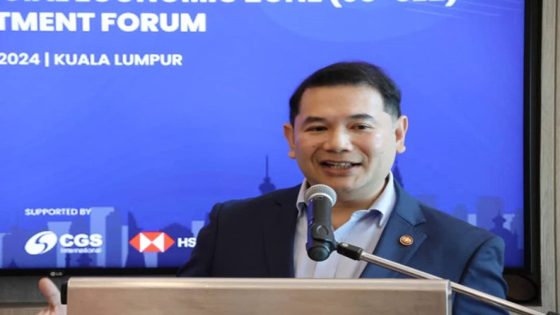On February 6, 2025, Brazilian President Luiz Inácio Lula da Silva sparked controversy with his remarks about controlling food prices. He suggested that consumers should avoid buying expensive products to help lower prices. This statement quickly became a topic of discussion and humor on social media, as many questioned the practicality of his advice.
- President criticized for comments on price control
- Lula suggests avoiding expensive products
- Social media memes mock Lula's statement
- Call for collective consumer awareness
- Reference to campaign promises on meat prices
How Lula’s Comments on Food Prices Impact Brazilian Consumers
Can controlling what we buy really influence market prices? Lula’s suggestion has left many puzzled. By encouraging consumers to avoid pricey items, he believes sellers will be compelled to reduce their prices. But will this strategy work in practice?
Understanding the Reaction to Lula’s Price Control Strategy
Following Lula’s comments, social media erupted with memes and critiques. Many users recalled his campaign promises to lower the price of popular foods like picanha, a type of beef. This disconnect between promises and practical advice has left many questioning his credibility.
Key Takeaways from Lula’s Price Control Discussion
Here are some essential points regarding Lula’s remarks:
- Consumers are encouraged to avoid buying expensive products.
- Lula believes this will force sellers to lower their prices.
- Social media reactions include memes and skepticism.
- Critics highlight the impracticality of this approach.
The Broader Implications for Economic Policy
Lula’s comments reflect a growing concern about food prices in Brazil, an issue that resonates globally. Economic policies that focus solely on consumer behavior may overlook larger systemic problems. For example, how do inflation and supply chain issues affect food prices?
Comparative Analysis: Brazil and the U.S. Food Markets
While Lula’s advice is specific to Brazil, it raises questions for U.S. consumers as well. Are there parallels in how both countries address rising food costs? Understanding different approaches can provide insights into effective economic strategies.
In conclusion, Lula’s remarks have ignited a lively debate about consumer responsibility and economic policy. As discussions continue, both Brazilian and U.S. consumers may find valuable lessons in these unfolding events.































